30 Signs Your Dog Might Be Sick and You’re Not Noticing
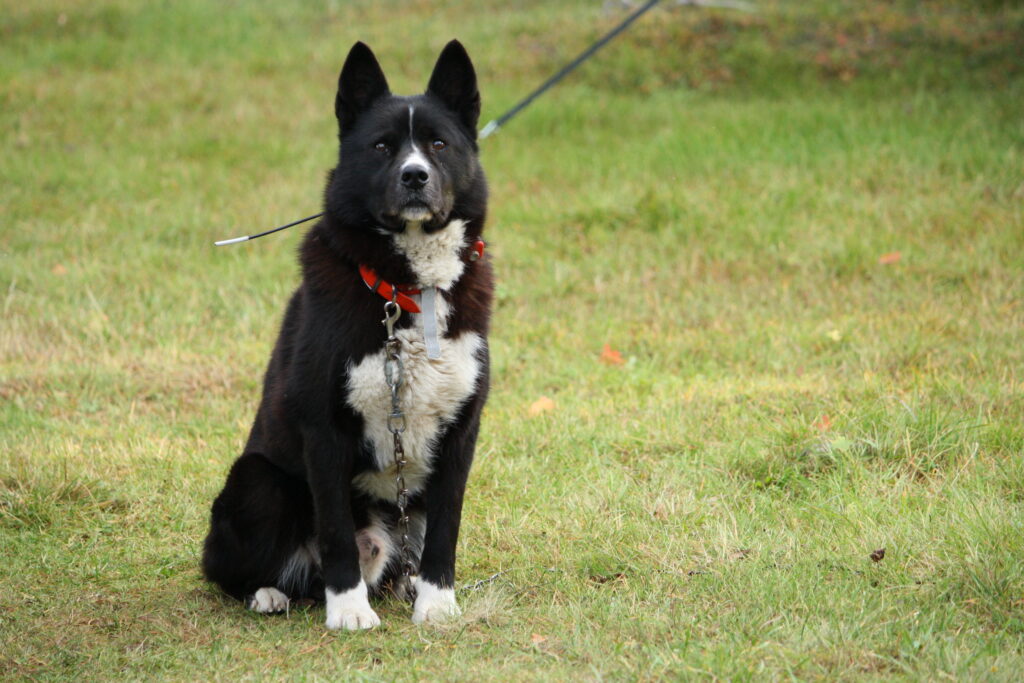
Dogs can’t tell us when something is wrong, but they show subtle signs that many owners miss. Ignoring these symptoms can lead to serious health issues. Here are 30 warning signs that might indicate your dog is sick—even if they seem fine on the surface.
Changes in Appetite

A sudden increase or decrease in food consumption can be a red flag. Loss of appetite may indicate dental issues, infections, or organ disease, while excessive eating could be linked to metabolic disorders. If your dog refuses food for more than 24 hours or suddenly overeats, it’s time for a vet visit.
Increased Thirst

If your dog is drinking a lot more than usual, don’t ignore it. Excessive thirst can be a sign of diabetes, kidney disease, or hormonal imbalances like Cushing’s disease. If you notice your dog constantly emptying the water bowl or urinating frequently, schedule a check-up as soon as possible.
Unexplained Weight Loss or Gain

Sudden weight changes without adjustments in diet or exercise can indicate thyroid disorders, diabetes, or cancer. If your dog is losing weight despite eating well, it could be a sign of malabsorption issues or parasites. Unexpected weight gain could point to hormonal imbalances or fluid retention from heart disease.
Bad Breath (That’s Not Just “Dog Breath”)

Mild dog breath is normal, but if your pet’s breath suddenly smells foul, it could indicate dental disease, kidney failure, or gastrointestinal issues. A sweet or fruity smell may suggest diabetes, while a rotten odor could mean infection. Regular dental check-ups can prevent serious health complications down the road.
Excessive Drooling
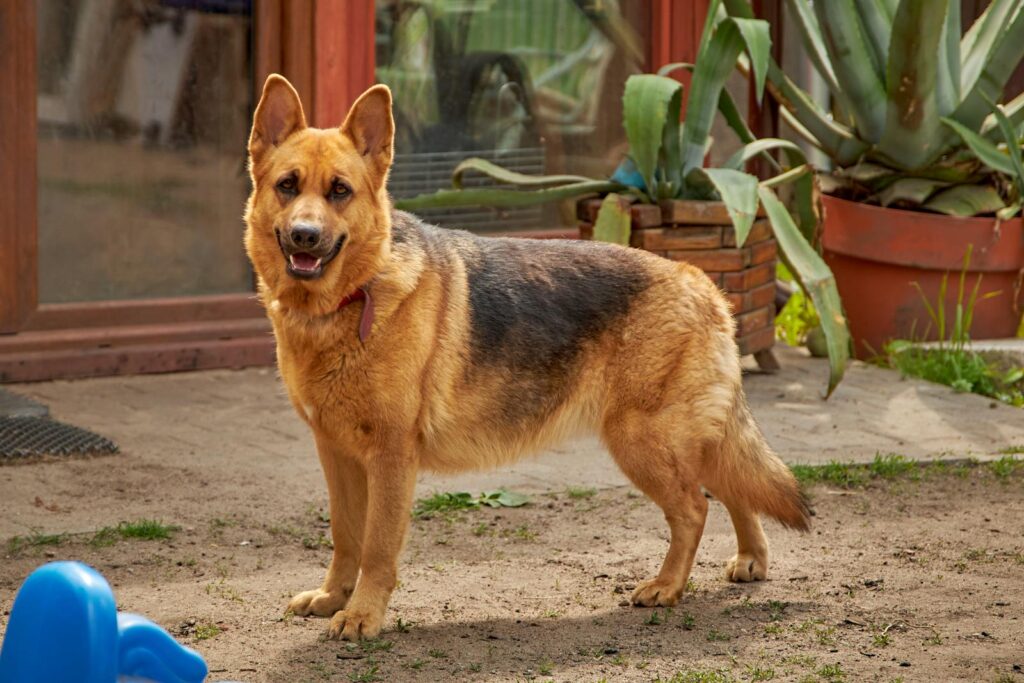
Drooling can be normal in some breeds, but excessive or sudden drooling may signal an underlying issue. Oral infections, tooth fractures, poisoning, or even neurological disorders can cause increased saliva production. If your dog is drooling excessively and acting strangely, check their mouth for injuries and contact a vet immediately.
Frequent Coughing

Persistent coughing shouldn’t be ignored. It can indicate kennel cough, heart disease, pneumonia, or even tracheal collapse, which is common in small breeds. If the cough worsens, sounds like gagging, or is accompanied by difficulty breathing, take your dog to the vet before it progresses into something more serious.
Sudden Lethargy

If your normally energetic dog becomes sluggish or uninterested in activities, it might be more than just a lazy day. Lethargy can be a sign of infections, anemia, heart disease, or chronic pain. A tired dog who sleeps excessively or lacks enthusiasm for walks should be examined for underlying health issues.
Difficulty Standing or Walking

If your dog is limping, stumbling, or hesitant to climb stairs, it could be a sign of arthritis, hip dysplasia, or nerve damage. Sudden weakness or collapse may also indicate a stroke or neurological disorder. If mobility issues persist, a vet can determine whether medication, therapy, or surgery is needed.
Excessive Scratching or Licking

Constant scratching, chewing, or licking of the skin can indicate allergies, flea infestations, or underlying infections. Some dogs also lick excessively due to anxiety or pain. If the behavior leads to hair loss, redness, or sores, your dog may need treatment for a skin condition or a food intolerance.
Red or Cloudy Eyes

Eye redness, discharge, cloudiness, or excessive blinking may indicate infections, glaucoma, or cataracts. Squinting or pawing at the eyes can also signal pain. Left untreated, some eye conditions can lead to blindness. If your dog’s eyes look abnormal or they struggle to see, schedule an ophthalmic exam immediately.
Changes in Urination Habits
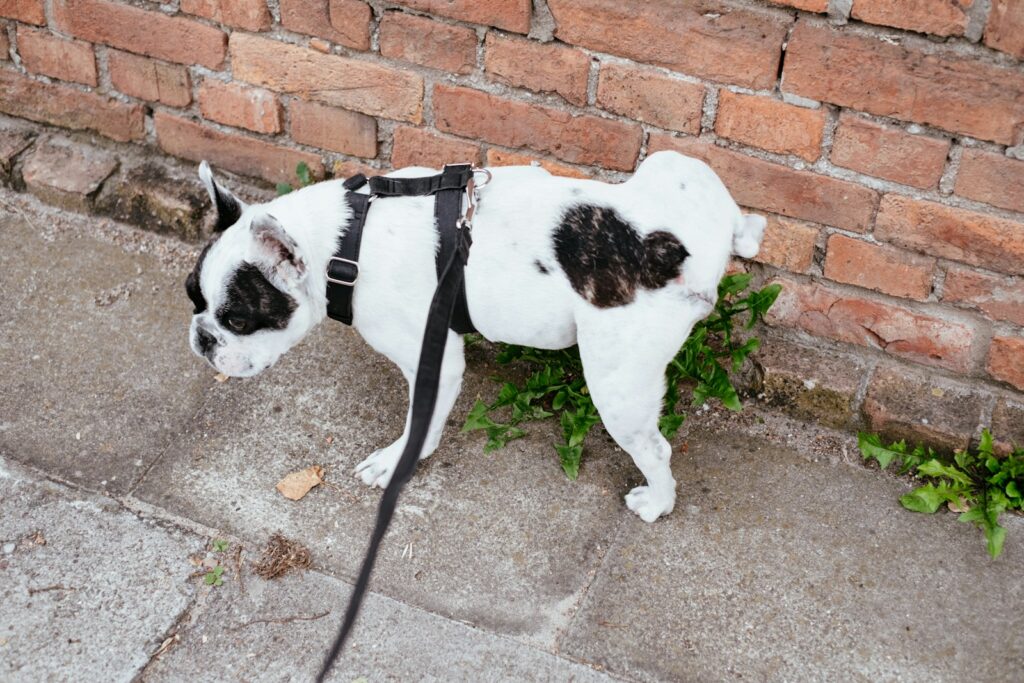
Frequent urination, accidents in the house, or straining to urinate can signal urinary tract infections, bladder stones, or kidney disease. A sudden lack of urination is an emergency, as it may indicate a blockage. Any drastic changes in urine frequency, color, or smell warrant a veterinary consultation.
Vomiting (Especially if Frequent)

Occasional vomiting isn’t unusual, but frequent or severe vomiting may signal poisoning, infections, pancreatitis, or an intestinal obstruction. If vomiting is accompanied by lethargy, blood, or refusal to eat, get your dog checked immediately. Prolonged vomiting can lead to dehydration and serious complications if left untreated.
Diarrhea or Constipation

Loose stools or persistent diarrhea can be caused by dietary changes, infections, or internal parasites. On the other hand, constipation may result from dehydration, digestive blockages, or neurological conditions. If diarrhea lasts more than 24 hours or if your dog strains without success, veterinary care is necessary.
Bloated or Hard Abdomen
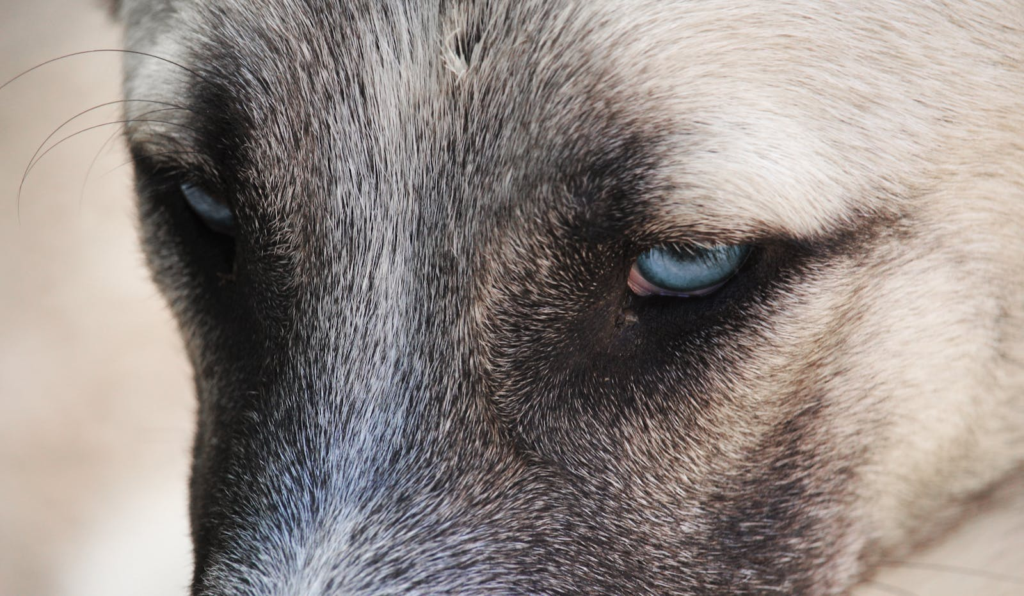
A swollen belly can indicate bloat, a life-threatening condition where the stomach twists, trapping gas. Other causes include internal bleeding, tumors, or organ disease. If your dog appears bloated, uncomfortable or tries to vomit without producing anything, seek emergency veterinary care immediately.
Reluctance to Be Touched

If your dog suddenly flinches, avoids petting, or growls when touched, they may be in pain. Hidden injuries, arthritis, or internal discomfort could be the cause. Behavioral changes like this should never be ignored, as they are often a dog’s only way of expressing that something is wrong.
Excessive Panting (When It’s Not Hot)
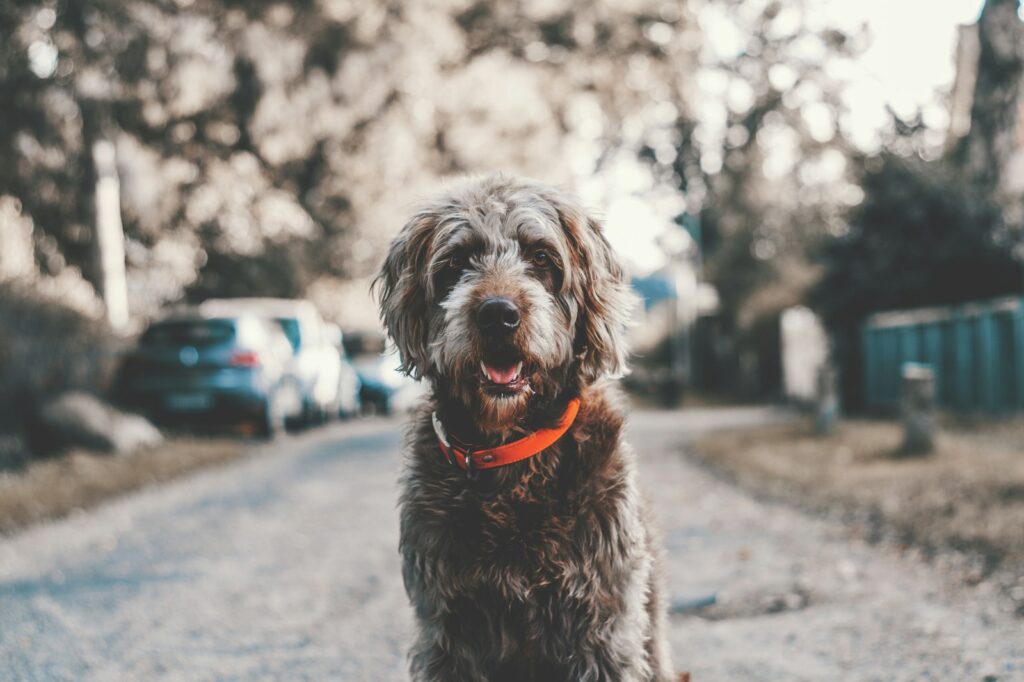
Panting is normal after exercise or in warm weather, but if your dog is panting excessively at rest, it may be a sign of overheating, stress, pain, or respiratory disease. Heatstroke and breathing disorders, especially in brachycephalic breeds, require immediate veterinary attention.
Restlessness or Inability to Settle
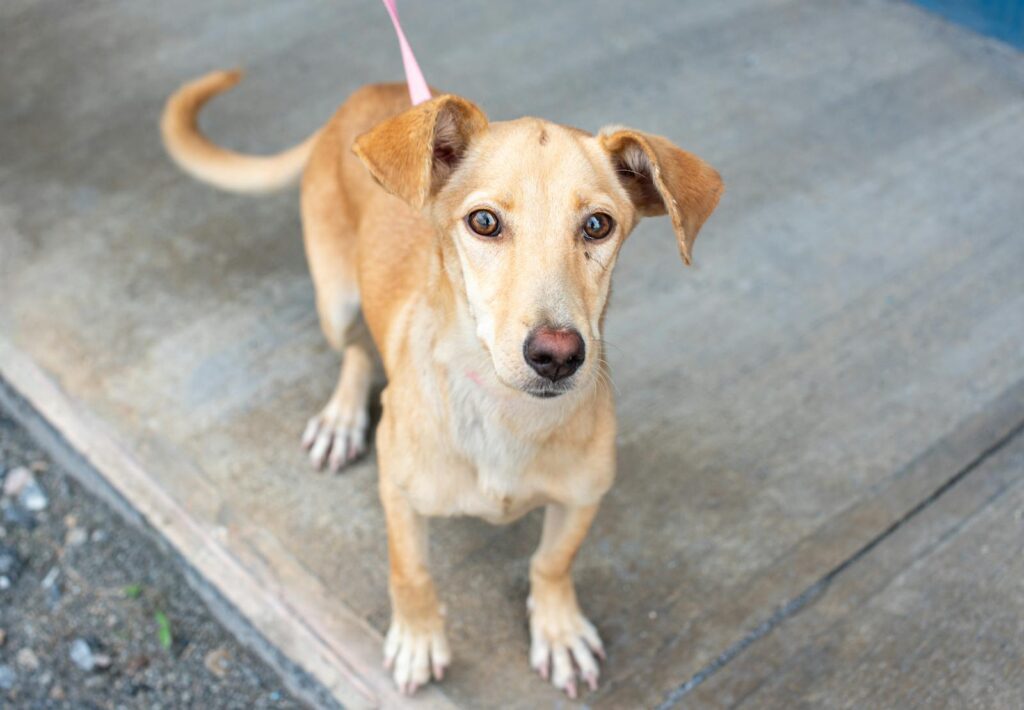
If your dog seems unable to get comfortable, paces excessively, or repeatedly gets up and lies down, it could indicate pain, anxiety, or a serious medical condition like gastric torsion. Discomfort from arthritis, digestive issues, or internal organ pain can also cause restlessness.
Sudden Behavioral Changes
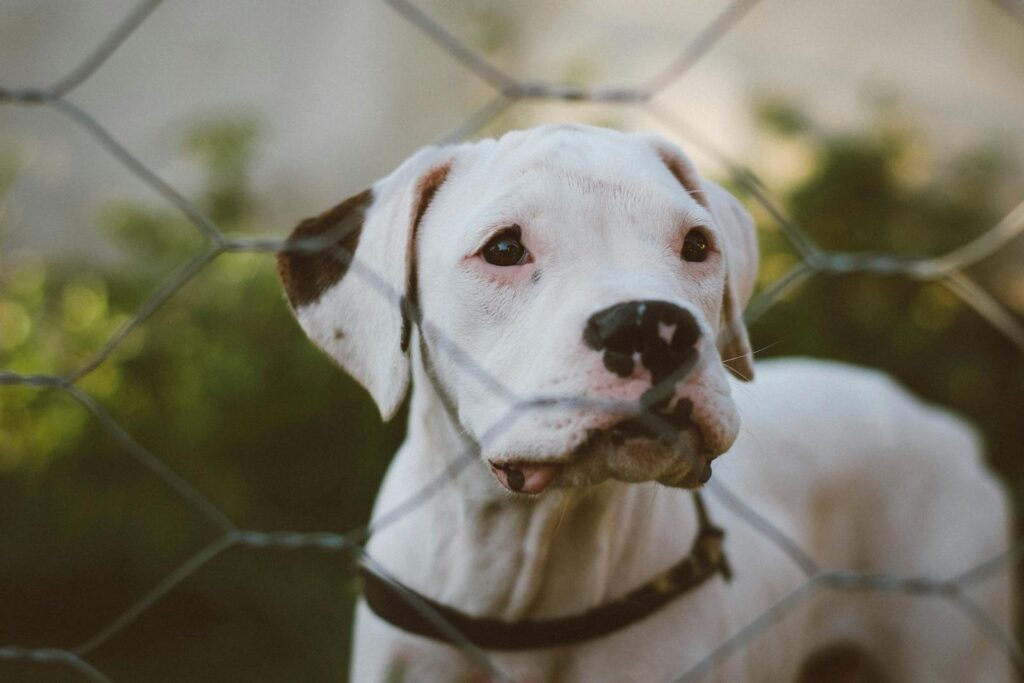
A friendly dog becoming aggressive or an independent dog suddenly needing constant attention could indicate discomfort, illness, or neurological issues. Changes in behavior should always be investigated, as they often reveal underlying medical conditions, stress, or even brain tumors.
Pale or Blue Gums

Gums should be a healthy pink. Pale gums can indicate anemia or blood loss, while blue gums suggest oxygen deprivation. These symptoms could point to internal bleeding, heart disease, or respiratory distress. If your dog’s gums change color, take them to the vet immediately.
Head Tilting or Disorientation

If your dog tilts their head persistently, stumbles, or walks in circles, it could be due to an ear infection, poisoning, or a neurological condition like vestibular disease. Dogs experiencing sudden dizziness or loss of coordination need urgent medical evaluation.
Excessive Sleeping

Dogs sleep a lot, but if your pet suddenly becomes more sluggish than usual, it could signal an underlying health problem. Fatigue can be linked to infections, anemia, metabolic disorders, or even depression. If your normally active dog is sleeping excessively or seems uninterested in their surroundings, a vet visit is recommended.
Wheezing or Labored Breathing

Any difficulty breathing should be treated as a serious concern. Wheezing, rapid breathing, or shortness of breath can indicate allergies, infections, heart disease, or lung problems. If your dog appears to struggle for air or their gums turn blue, this is an emergency requiring immediate medical attention.
Strange Noises While Eating or Drinking

If your dog suddenly makes odd noises while swallowing, gags frequently, or seems uncomfortable during meals, they may have an obstruction, sore throat, or esophageal disorder. Dental pain and oral tumors can also make eating difficult. Difficulty swallowing should always be investigated by a vet.
Shaking or Trembling
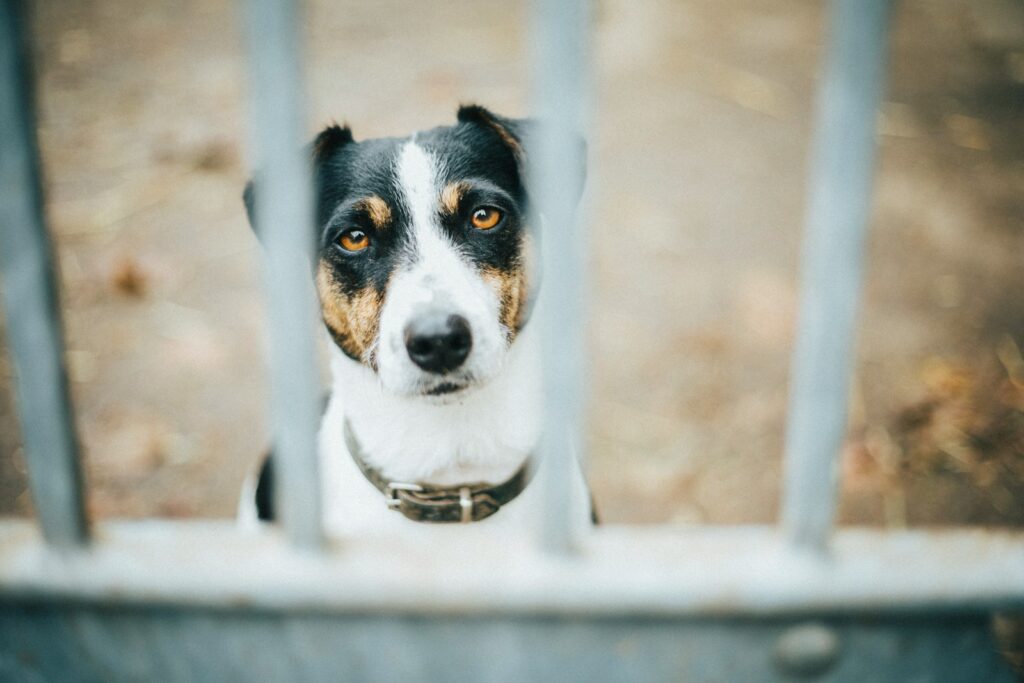
Occasional shivers may just mean your dog is cold or nervous, but persistent shaking can indicate poisoning, pain, or neurological issues. Small breeds often tremble due to low blood sugar, while larger dogs may shake from muscle weakness or degenerative disorders. If shaking is paired with lethargy, call the vet.
Nose Discharge (Other Than Clear Mucus)

A runny nose isn’t always harmless. Thick, yellow, green, or bloody nasal discharge could point to infections, nasal tumors, or allergies. If your dog is sneezing frequently or has difficulty breathing through their nose, a vet can determine if it’s something serious like pneumonia or a respiratory disease.
Skin Lumps or Growths

Not all lumps are cancerous, but any new or growing mass should be checked. Skin tumors, cysts, or infections can appear as small bumps and grow over time. If your dog has a lump that changes shape, bleeds, or causes discomfort, early detection is crucial to prevent potential complications.
Hair Loss or Dull Coat

A shiny, full coat is a sign of good health, so sudden hair loss or a dull, brittle coat can indicate nutritional deficiencies, skin infections, allergies, or thyroid imbalances. Dogs with excessive shedding, bald patches, or flaky skin may require dietary changes or medical treatment to restore coat health.
Weakness or Collapsing

If your dog suddenly loses balance, collapses, or has trouble standing, it could indicate serious conditions like heart disease, anemia, or neurological disorders. Collapsing can also be caused by internal bleeding, low blood sugar, or severe infections. Any unexplained weakness should be treated as an urgent medical issue.
Excessive Flatulence or Gurgling Stomach

A little gas is normal, but excessive bloating, frequent gas, or loud stomach gurgling can be signs of digestive issues, food intolerances, or even gastrointestinal blockages. If flatulence is paired with diarrhea, vomiting, or abdominal pain, it’s best to rule out infections, pancreatitis, or other serious conditions.
A Gut Feeling That Something’s Wrong

No one knows your dog better than you. If they seem “off,” even if you can’t pinpoint why, trust your instincts. Many serious health conditions start with subtle signs that owners can sense before they become obvious. If you feel something isn’t right, don’t hesitate to consult a veterinarian for peace of mind.





